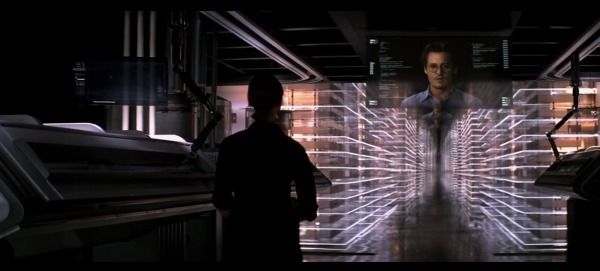In 1965, I. J. Good described for the first time the notion of “intelligence explosion”, as it relates to artificial intelligence (AI):
Let an ultraintelligent machine be defined as a machine that can far surpass all the intellectual activities of any man however clever. Since the design of machines is one of these intellectual activities, an ultraintelligent machine could design even better machines; there would then unquestionably be an “intelligence explosion,” and the intelligence of man would be left far behind. Thus the first ultraintelligent machine is the last invention that man need ever make, provided that the machine is docile enough to tell us how to keep it under control.
Decades later, the concept of an “intelligence explosion” — leading to the sudden rise of “superintelligence” and the accidental end of the human race — has taken hold in the AI community. Famous business leaders are casting it as a major risk, greater than nuclear war or climate change. Average graduate students in machine learning are endorsing it. In a 2015 email survey targeting AI researchers, 29% of respondents answered that intelligence explosion was “likely” or “highly likely”. A further 21% considered it a serious possibility.
